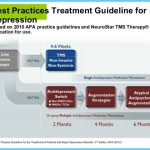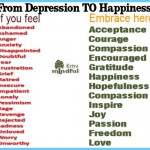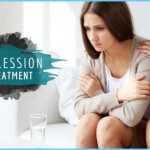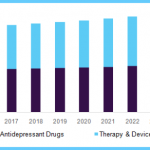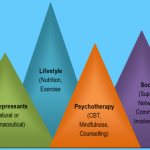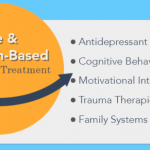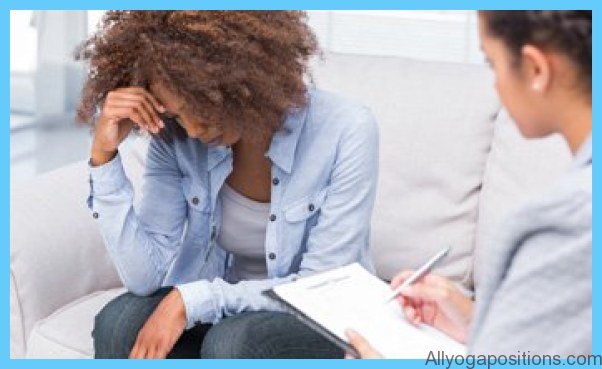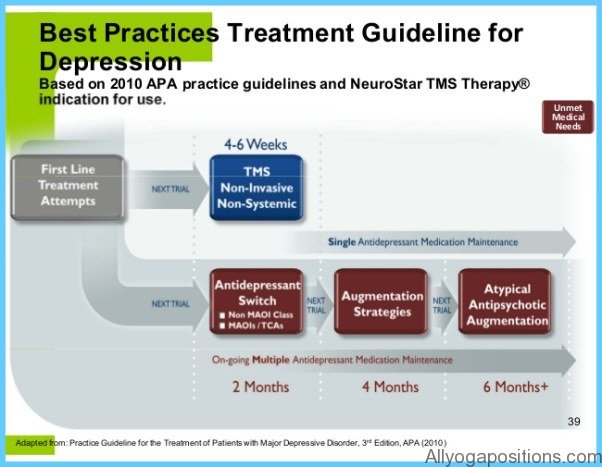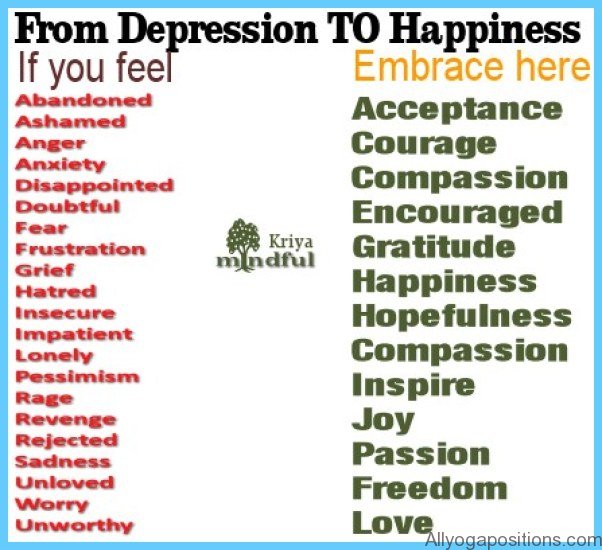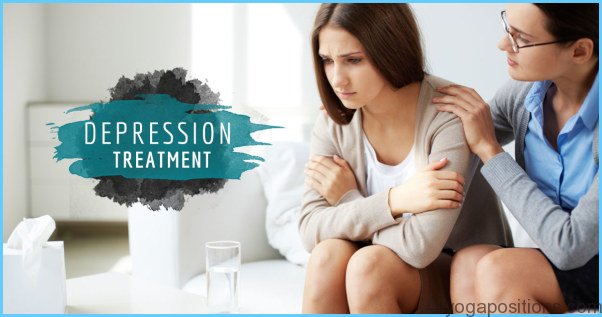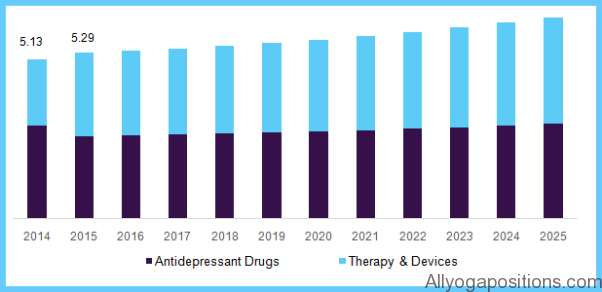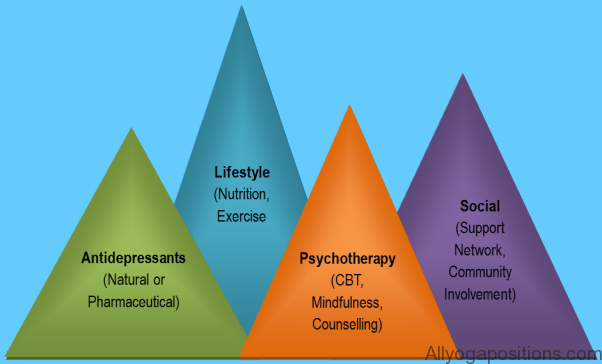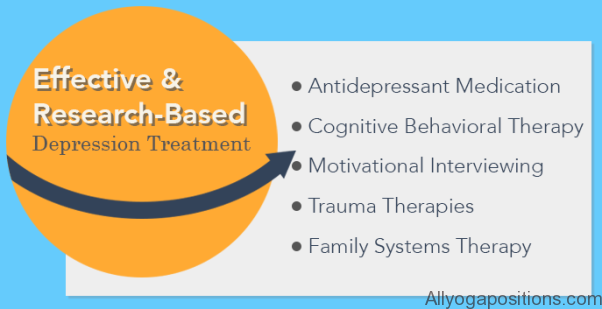Depression is one of the most common and treatable mental disorders. It is usually treated without hospitalization, using a combination of medications and psychotherapy. Even severe depression can be highly responsive to treatment. The earlier treatment begins, the more effective it is and the more likely it will prevent serious recurrences. However, even when treatment is successful, depression may recur. Results of any treatment should be apparent within two to three months.
Several different types of antidepressant drugs are available today and they all provide effective treatment for depression. They work by influencing the activity of brain neurotransmitters, primarily serotonin, norepinephrine and dopamine, and must be taken for several weeks before they begin to work.
1. Selective serotonin reuptake inhibitors (SSRIs)—Prozac®, Effexor®, Paxil®, Zoloft®, Serzone®. These drugs raise serotonin levels in the brain. SSRIs have fewer side effects and are often the first choice of treatment for depression. They may cause mild nausea, diarrhea and headaches that usually subside over time. The biggest
disadvantage of SSRIs is the fact that they commonly cause sexual dysfunction (read the section on ginkgo on page 223).
2. Monoamine oxidase inhibitors (MAOIs)—Nardil®, Parnate®. These drugs cause an increase in the levels of various brain chemicals, including amines—low amine levels are considered to be one of the causes of depression. MAOIs are rarely used today because they have serious interactions with other medications and with foods that contain tyramine, such as red wine, aged cheeses, soy sauce and yeast extracts.
3. Tricyclic antidepressants—Elavil®, Tofranil®, Norpramin®. These are useful in treating depression, but they bring with them a host of unpleasant side effects, such as weight gain, drowsiness, dizziness and an increased heart rate. They are not normally used to treat mild to moderate depression, because the side effects are often worse than the disease.
4. Psychotherapy—Individual and group therapy can help to gradually change hopeless and negative attitudes, and can provide guidance in adjusting to the normal pressures of life. It is often used in conjunction with antidepressant drugs.
5. Electroconvulsive therapy (ECT)—This treatment is normally used for severe cases of depression. An electric current is applied to the head to induce a seizure in the brain. For reasons not completely understood, the seizure will quickly and very effectively alleviate depression. Occasionally, there may be some temporary memory loss from this treatment.



